Extended Producer Responsibility (EPR) is a principle that holds producers and retailers accountable for the entire lifecycle of their products, especially in terms of their environmental impacts. In the UK, EPR regulations significantly affect e-commerce sellers, particularly those from the EU selling goods to the UK. This article provides an overview of existing duties and looks ahead to future obligations.
Current EPR Duties in the UK
Registration and Reporting
E-commerce sellers who sell physical products to end consumers in the UK are only obliged to register with the relevant environmental authority if they have a legal entity in the UK. This registration ensures that companies take responsibility for the waste they generate and support recycling programs.
EPR UK: Who is obligated under EPR?
A company falls under the obligation category if it has an annual turnover exceeding 1 million pounds and processes or supplies more than 25 tons of packaging material within a calendar year.
Two key thresholds determine whether a company responsible for packaging is considered a small producer, obligated only for reporting, or a large producer, obligated for both reporting and financial contributions
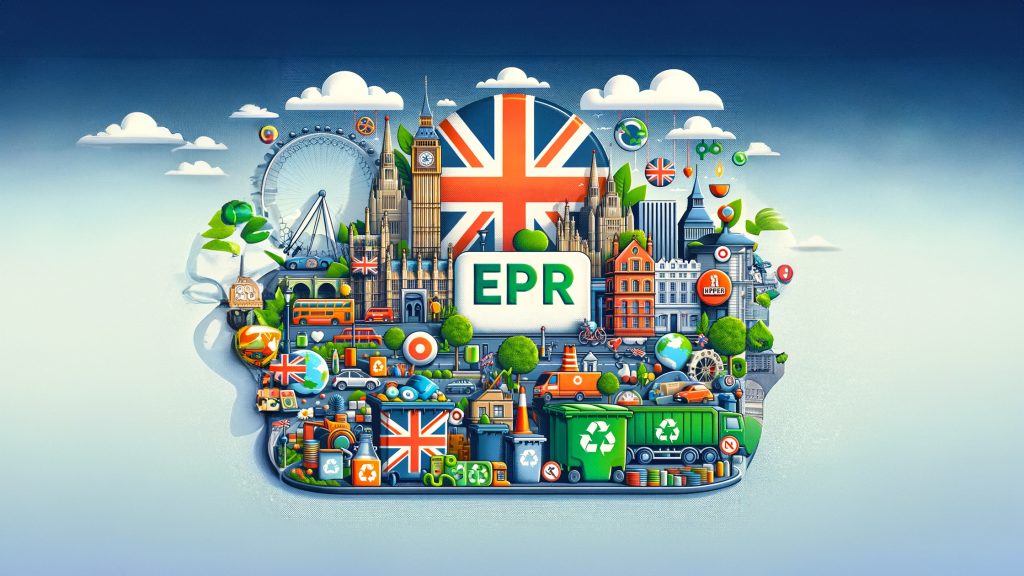
Large Producers (LP) are those with an annual turnover exceeding 2 million pounds and more than 50 tons of packaging material processed or supplied within a calendar year. From 2023, they are required to report bi-annually and, from 2025, finance EPR obligations through PRN/PERNs and the local authority waste management fee. Further details on this below.
Small Producers (SP) are characterized either by an annual turnover between 1 and 2 million pounds and processing or supplying more than 25 tons of packaging material within a calendar year OR by an annual turnover exceeding 1 million pounds with a processing or supplying volume of 25 to 50 tons of packaging material within a calendar year. SPs are required to submit their packaging data annually, with data for 2023 due at the beginning of 2024.
Do you meet any of these criteria?
Or are you unsure if you do? No worries – just ask us for free!
In addition to standard reporting under EPR, some LPs and SPs are required to annually submit specific data on the countries within the UK where their packaging was sold, leased, loaned, given away, or disposed of.
EPR UK: EPR Charge not until 2025, but Registration and Data Collection Now
At the beginning of the year, the UK initiated the implementation of its new Extended Producer Responsibility (EPR) regulations, replacing the existing packaging waste regulations.
Contrary to original plans for the charge to be due from 2024, manufacturers must now pay these fees starting from October 1, 2025. The amount of the charge for affected companies depends on the volume and type of packaging distributed. The easier a package is to recycle, the lower the fee.
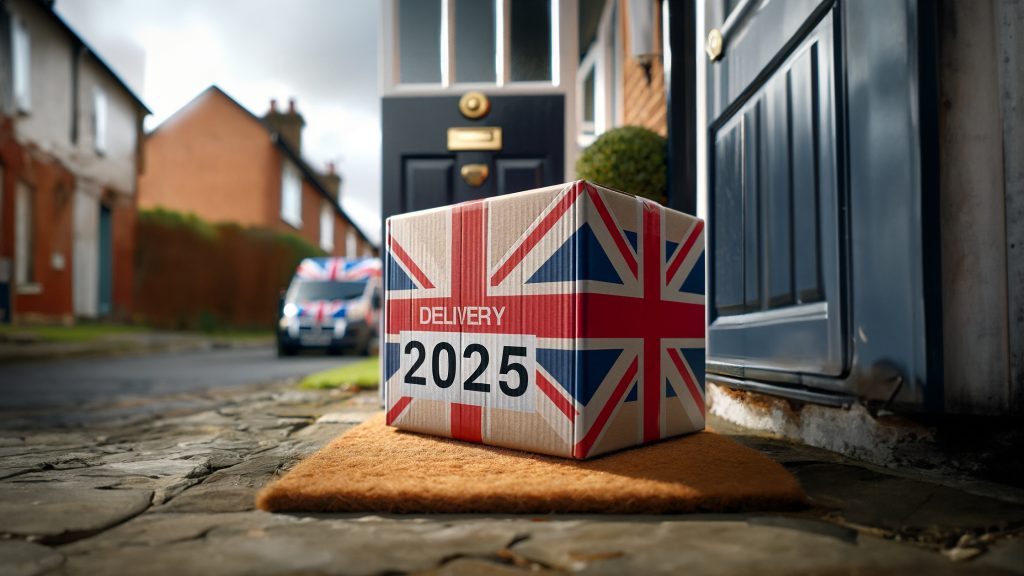
The Department for Environment, Food and Rural Affairs (Defra) in the UK, however, points out that manufacturers must register and collect data on aspects such as packaging type, material, and weight despite the shift to 2025.
Extended Producer Responsibilities require companies to provide enhanced data in three main areas:
- The base material from which the packaging is made
- The “type” of packaging – essentially the application for which it is used
- The type of waste the packaging generates
Product Responsibility
EPR covers various product categories, including electronics, batteries, packaging, and vehicles. Each category has specific requirements, such as the obligation to take back old devices or reduce packaging waste. Sellers must ensure their products comply with British standards and participate in national return and recycling programs.
Financial Obligations
In addition to organizational requirements, companies under EPR regulations must pay fees. These fees cover the costs of collecting, treating, and recycling products at the end of their life cycle. The fee amount depends on the type and volume of products sold in the UK.
Already have a shop selling to the UK or looking to offer your goods in the UK soon?
Unsure about what exactly needs to be done? No problem! Just ask our experts for free, and we’re happy to help.
EPR UK: Future Developments
The UK plans to tighten its EPR regulations further to reduce the environmental impacts of products and promote a circular economy. Planned changes include:
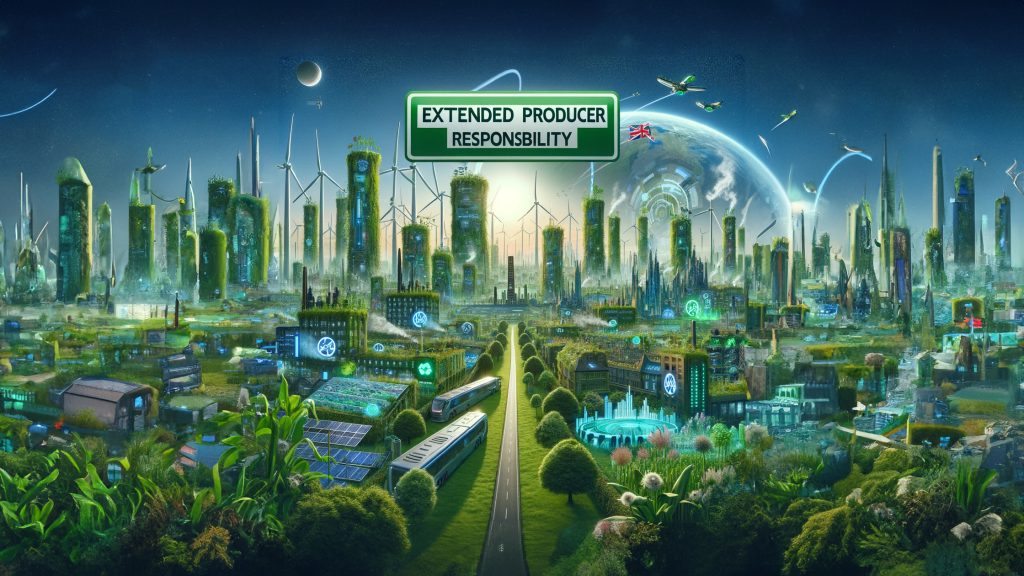
Expanding Product Categories
The government has proposed including additional product categories under EPR, such as textiles, furniture, and certain types of plastic products. Sellers of these product categories must prepare for additional obligations.
Higher Recycling Targets
We expect recycling targets for all product categories to be raised. This means sellers and manufacturers must implement more efficient recycling programs and possibly adjust their production and packaging processes to generate less waste.
Digital Product Passports
The introduction of digital product passports is being discussed to improve the traceability of products throughout their entire lifecycle. These passports could contain information on composition, repairability, and recyclability.
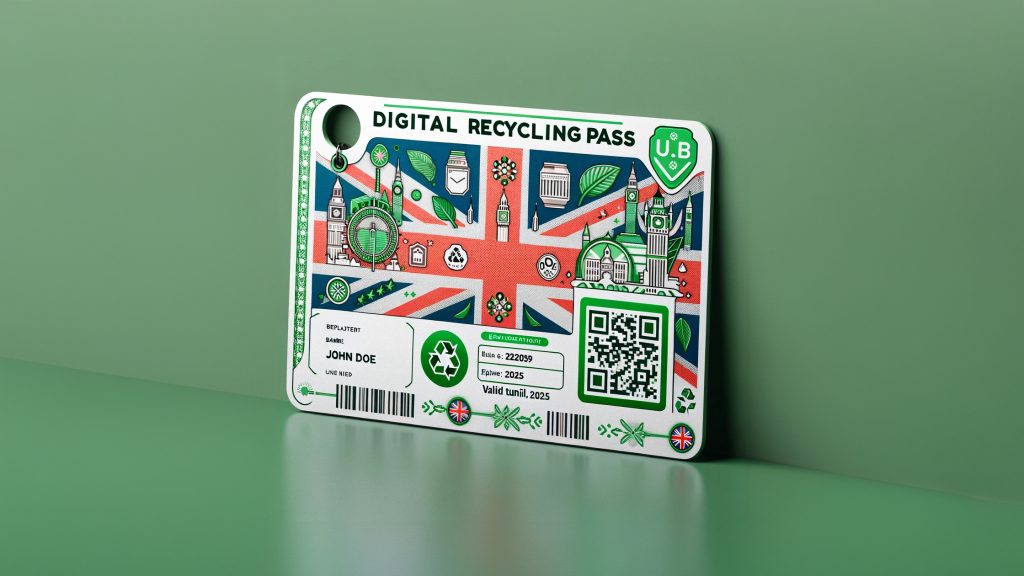
Mandatory Recycling Labeling
With pEPR, a mandatory recycling labeling requirement is introduced, aiming to inform consumers about how to dispose of their used packaging.
This regulation obliges manufacturers to label their primary and shipping packaging to indicate whether it can be recycled. There is no de minimis threshold for this requirement; it applies to all manufacturers.
Which packaging must receive the label?
- Primary packaging
- Shipping packaging
When must packaging be labeled?
By March 31, 2026: Primary and shipping packaging marketed in the UK, except for plastic films and flexibles, must be labeled.
By March 31, 2027: all primary and shipping packaging marketed in the UK, including plastic films and flexibles, must be labeled.
Packaging already on the UK market before these dates (e.g., on store shelves) does not need to be labeled.
The delay in labeling plastic films and flexibles reflects the expected increased capacity for recycling this material format from kerbside collections by March 2027.
How can manufacturers meet this requirement?
1. Using Defra-designed labels:
Defra has acquired a license agreement with WRAP to use the Recycle Now logo on Defra-designed labels. This license agreement will come into force when “The Main EPR Regulations” come into force, expected in mid/late-2024. This means that the labels become available for producers to use, free of charge, when “The Main EPR Regulations” come into force.
Defra will have only two labeling options, which will simply state:
- “Recycle”
- “Do not recycle”
The label pictograms have not yet been published and cannot be used until “The Main EPR Regulations” come into force.
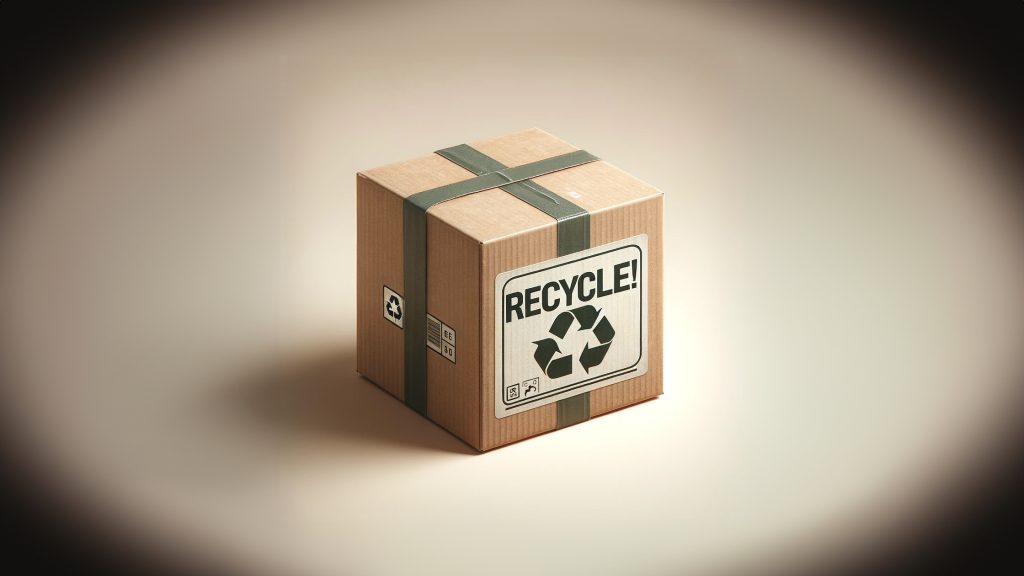
2. Using On-Pack Recycling Label (OPRL) labels:
OPRL is a widely recognized labeling scheme that utilizes the Recycle Now logo, from an existing license agreement with WRAP. A producer can join this labeling scheme as a member in advance of the pEPR requirements and the Defra labels becoming available.
OPRL offers a recyclability tool to allow producers to choose the right recycling label for their packaging, and a variety of labels available to help consumers decide what to do with packaging, such as:
- “Recycle”
- “Don’t recycle”
- “Recycle with bags at large supermarkets”
- “Widely recycled at recycling centers”
Producers can become a member of OPRL and use these labels now
Conclusion
For EU e-commerce sellers selling to the UK, it is crucial to understand and comply with EPR requirements. Compliance is not only a legal obligation but also contributes to environmental protection and promotes a circular economy. Companies should keep an eye on developments in EPR regulations to ensure they remain compliant in the future, directly avoiding penalties and other costs.
Confused? Understandable.
Our team of experts is ready to answer your questions – whether you just want to inform yourself and make the reports yourself or sit back and let us take care of everything. Just ask for free:
Here are more interesting articles for you:
EPR Hungary: What to consider for textiles and furniture
New EU packaging regulation: what does it mean for e-commerce?
